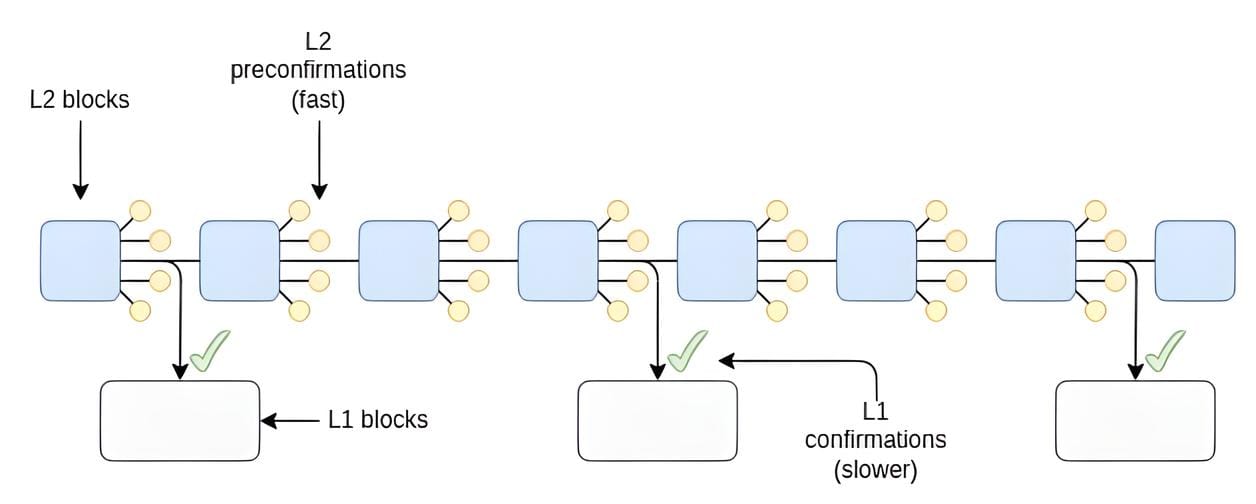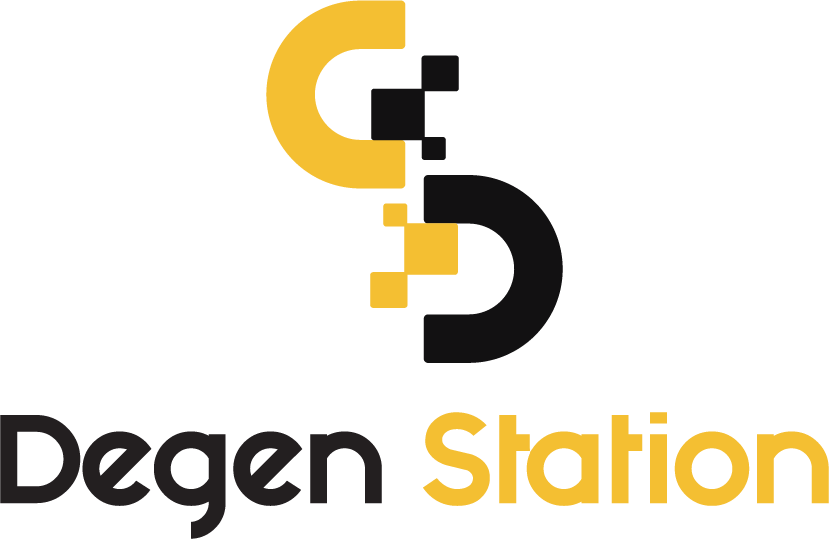Vitalik Buterin Proposes Slot-and-Epoch Model to Enhance Layer-2 Security

Vitalik Buterin, the co-founder of Ethereum, recently shared his proposal for a "slot-and-epoch" model, aimed at improving the security and optimizing the interaction mechanism between Layer-1 and Layer-2.

Vitalik Proposes Slot-and-Epoch Model to Enhance Layer-2 Security
In his latest post, shared on his official X account on the morning of July 1st, Vitalik Buterin discussed the primary focus of this blog: reducing transaction validation times for Ethereum users in general.
Epochs and slots all the way down: ways to give Ethereum users faster transaction confirmation timeshttps://t.co/lfCXrFm6A1
— vitalik.eth (@VitalikButerin) June 30, 2024
Finality Limitations in Layer-1
At the beginning of the post, Vitalik highlighted the current limitations in Ethereum's validation process, specifically the need for about 2 Epochs (approximately 12.8 minutes) for the network to reach a state of Finality. Therefore, Single-slot Finality (SSF) was mentioned once again as a necessary solution to this problem.
However, Vitalik also emphasized that the SSF approach still faces significant barriers at present, notably the requirement for validators to continuously send cross-confirmation messages within a 12-second timeframe. Additionally, there is the challenge of optimizing the number of validators in the network to avoid impacting decentralization.
Layer-2 Dependent on Layer-1 Validation Speed
Due to these validation barriers in Layer-1, the "Rollup-centric" vision, which involves shifting activities to Layer-2, also carries considerable risks. These risks include:
- Sequencer networks not achieving the necessary level of decentralization.
- Layer-2 block validation times still being constrained by Layer-1 validation time limits.
One of the solutions Vitalik mentioned in the blog is Based Confirmation (an approach adopted by Based Rollups). This approach allows Layer-2s to "purchase the right to guarantee that their transactions are included in a Block on Layer-1." This method somewhat mitigates concerns about Layer-2 blocks not being accurately included and validated on Layer-1.
Slot-and-Epoch Model
To address validation limitations and optimize interactions between layers, Vitalik proposed the "slot-and-epoch" model. This model combines three key changes:
- Single-slot Finality: Validators will sign to validate each slot instead of 2 Epochs as currently.
- Orbit Proposal: Aims to optimize the number of validator interactions and reduce the ETH required to participate as a validating validator.
- Soft Validation Models: Includes Rollup preconfirmations and Based preconfirmations.

The core of this model, as explained by Vitalik, is to minimize excessive Layer-1 interactions for validators while maximizing flexibility and fast consensus on Layer-2. The combined balance of validation layers ensures improved security for Layer-2. Additionally, Layer-1 validation time is minimized, thereby supporting faster Layer-2 validation times.
Recommendations for Layer-2s
Alongside the proposals to combine capabilities of both layers, Vitalik also shared several approaches that Layer-2s should consider in the near future:
- Based Rollup: This approach uses Layer-1 validators as Sequencers in Layer-2, helping reduce transaction censorship risks and ensuring decentralization.
- Various Solutions: Implementing multiple solutions to enable users to easily withdraw funds from Layer-2 to Layer-1, such as different types of Proofs, Force Inclusion features, Mass Exit, etc.
- Maintaining a Moderate Network Size: Keeping Layer-2 networks at a moderate scale (around 100 nodes) while maximizing interaction capabilities with Layer-1 to ensure security. This is also the path that most Layer-2s are currently following.





